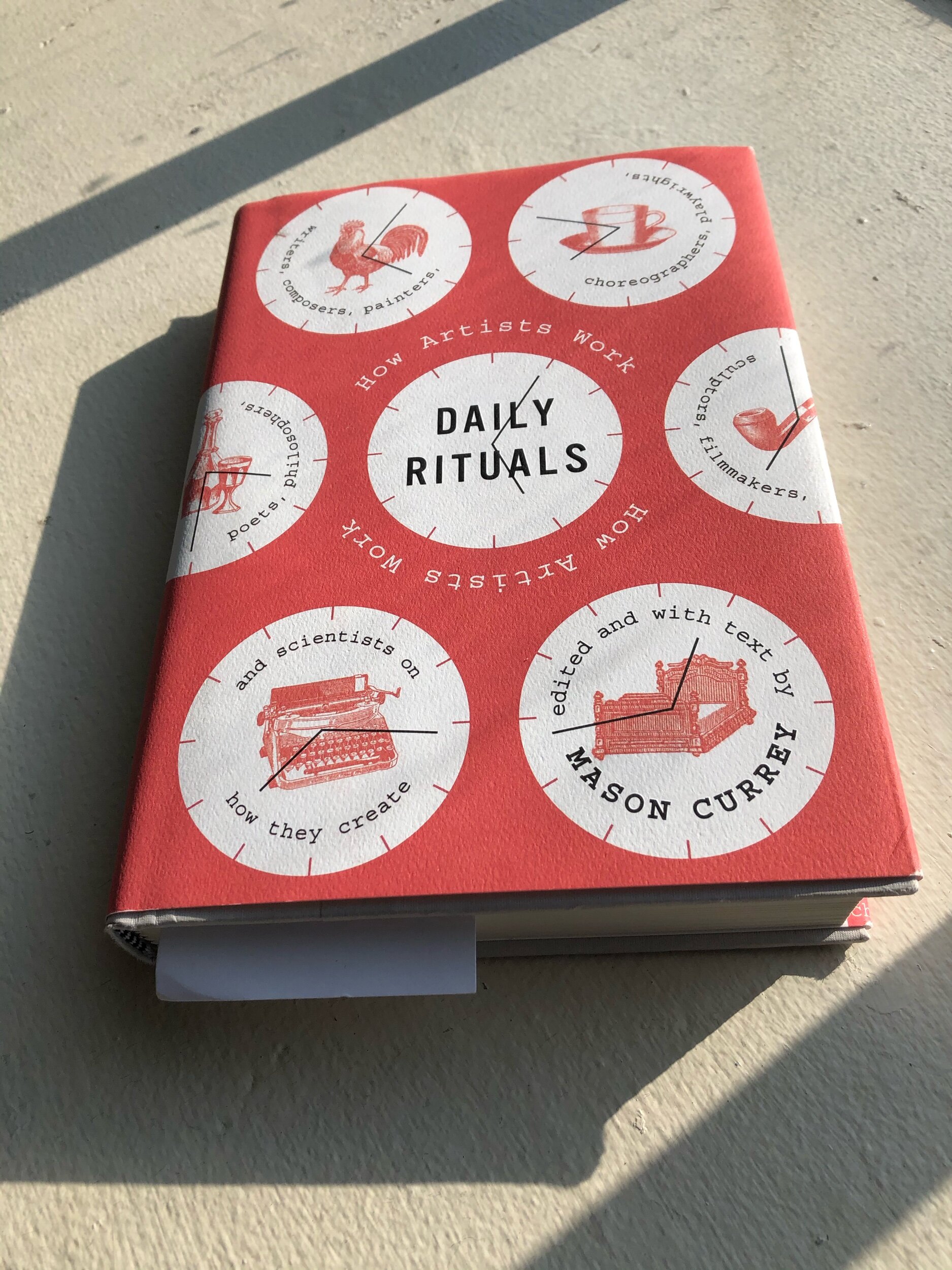Happy 100th birthday, Mr. Ray! In the last few years, I have increasingly complained about the limited role girls and women played in the short stories you wrote. The wives were either dead, the daughters settled in cities far and away, so on and so forth. Of course, one didn’t miss women in your cinema. There, on that other medium, you made them shine and how. But in your own short stories, sir, you never granted them prime spots.
And yet, your writing itself was so charming, I didn’t notice the absence of women until I was knee-deep into adulthood. Now that my own book of short stories Women Who Misbehave is out in the world, I can’t help but reflect over how deeply and keenly you influenced my worldview when I was a kid, and how without actively realizing it, your influence seeped into my writing. No, not in the absence of women. Women are everywhere in my world.
But on three other levels:
where to begin a story,
the number of characters in each story,
and how to construct clean and clear sentences, which, after all, is really where all good storytelling happens.
You began each story exactly where it needed to begin. There was little to no throat-clearing or lead up. The reader never had to wade through pages and pages of the characters’ backgrounds or long-winded descriptions or extensive world building just because it was fun for your imagination. I know how easily that can happen once you realize how easily and completely you, the author, can see the character and their specific world inside your head. It’s intoxicating and difficult to pull out of that connection. But you did it effortlessly. You built the world as the story unfolded and the reader came along for the ride. Case in point, the jewel of all horror stories, “Gagan Chaudhuri’s Studio.” I still read it, in Bangla of course, at least once every year.
The second writing device I learned from you was to make sure each story had only the characters it absolutely needed. No one was to stand in the background and while away the reader’s time...that would be pointless. And disrespectful. I have tried that with my Women. Here, I’m reminded of another of your stellar stories, “Khagam.” On the surface level, it is creepy and disturbing, but metaphorically, it is even creepier because the conflict between Imli Baba and Dhurjati presents the most telling indictment of reckless modernity and humanity’s arrogance vis-a-vis the natural world.
Finally, my favorite aspect of your writing: your sentence construction. On the surface, simple, easy to read, easy to understand. But as any writer will admit, it is much harder to write clean, clear prose than it is to write big, clunky sentences. And really, good writing or storytelling is never about who can write the most convoluted sentence and show off how many complicated words they know. It’s about who can observe and present the world with the most authenticity.
Thank you for the writing lessons, sir, and for my most spectacular childhood. Your stories took my mind to places it didn’t even know it needed to go.















